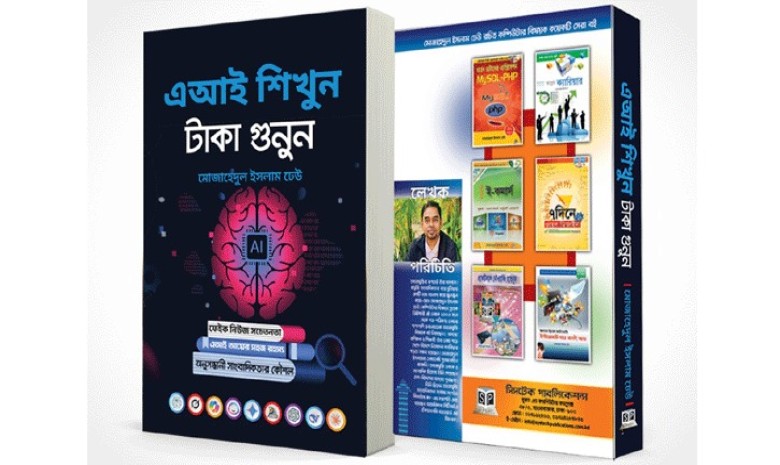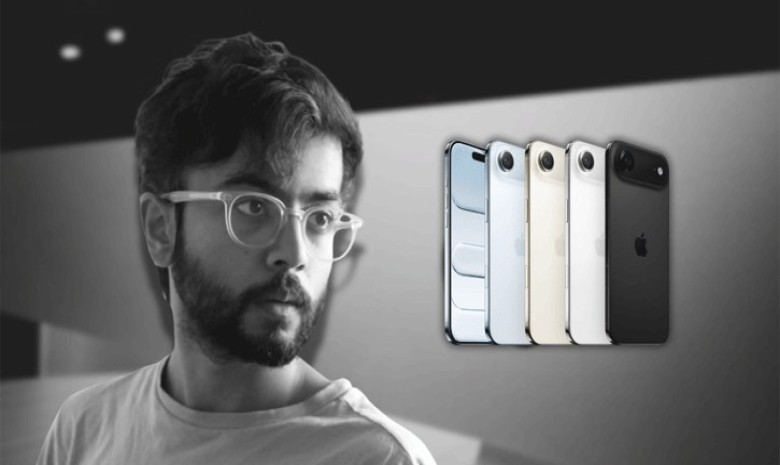Stethoscopes enhanced with artificial intelligence (AI) could transform heart care by detecting serious conditions within seconds, according to British researchers.
The traditional stethoscope, first invented in 1816, allows doctors to listen to internal body sounds. A modern version, developed by US firm Eko Health, replaces the chest piece with a device about the size of a playing card.
It uses a microphone to pick up subtle variations in heartbeat and blood flow undetectable to the human ear, while also recording an ECG (electrocardiogram). The data is sent to the cloud, where AI trained on tens of thousands of patient records analyses it instantly.
In a large study led by Imperial College London and Imperial College Healthcare NHS Trust, more than 12,000 patients from 96 GP surgeries in west and north-west London were examined using the AI-powered device. They were compared to patients from 109 practices where the technology was not used.
Researchers reported that heart failure was 2.33 times more likely to be detected within 12 months using the AI stethoscope. Abnormal heart rhythms, often symptomless but linked to higher stroke risk, were 3.5 times more likely to be identified, while heart valve disease was 1.9 times more detectable.
Dr Sonya Babu-Narayan, clinical director at the British Heart Foundation (BHF) and a consultant cardiologist, said: “This is an elegant example of how the humble stethoscope, invented more than 200 years ago, can be upgraded for the 21st century. Too often, these conditions are only diagnosed late when patients arrive at hospital in an emergency. Earlier detection means people can access the treatment they need to live well for longer.”
The findings were presented at the European Society of Cardiology’s annual congress in Madrid, the world’s largest heart conference. Following the trial, there are plans to roll out the AI stethoscopes across more GP practices in south London, Sussex and Wales.
Total views: 929



























